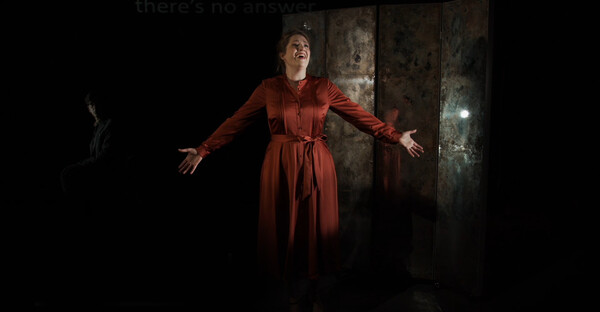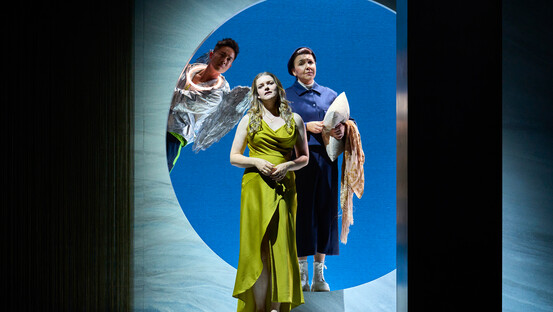News Story
Dmitri Shostakovich composed the Six Romances on British Poets in 1942–3. It was, of course, a time on inconceivable suffering and silence in Russia. Those who had survived the Great Terror and the Winter War in Finland then witnessed the German invasion of 1941: artists like Shostakovich were on the anvil hammered by brutal, totalitarian forces.
At the time, Shostakovich was studying English language and literature. His choices of material for this extraordinary, seething song cycle are surprising and careful. Sir Water Raleigh (1552– 1618) was not quite a silver poet, but a man falsely accused, imprisoned for 13 years, released and then executed. He knew the senseless vanities of favour and reputation, the sliminess of loyalty and fortune, the irony of brief reprieve. His poem takes the form of a letter to his son — a message to future generations, then — unseasoned by sentiment. “The Wood, the Weed and the Wag” proposes that the tree’s wood, the hemp’s fibre and a man’s youth are all fine things on their own, but when they come together they are gallows, rope and hanged man. Be careful, keep elements apart, and keep silent… or die in misery.
The first of the two poems of Robert Burns (1759–1796) in the cycle is similarly rough hewn. “O, wert thou in the could blast” is dedicated to his first wife, Nina Varzar, pianist and astrophysicist, and in it there are striking resemblances to the “Anne Frank” movement of the Thirteenth Symphony, “Babi Yar”, setting poems of Yevtushenko. In the Anne Frank movement, as here, the poet calls on the spirit of the victim Anne to come out of the ravine of death so that he can protect her; in the austere, haunting setting of the Burns poem the speaker promises to abide and shelter the said in the pitiless storm that is their life.
“MacPherson’s Farewell” is written by Burns in the voice of a musically gifted pirate defiantly playing and singing at the gallows a song of farewell written in prison, beginning with a daring dance and ending by breaking his violin upon his knee. MacPherson’s life may have been rough and bad, but he dies “by treacherie”, taunting those who live on. How can those watching Shostakovich failed to see the reckless courage of this setting? This setting, too, is connected to the “Babi Yar” symphony; it is quoted directly in the movement entitled “Humour”.
Strange, erotic, and ambiguous, “Jenny, coming through the rye” hides itself as all these romances do. Shostakovich made a lifelong habit of hiding his meaning, preserving his life and the lives of his family, while shouting loud and singing eloquently in code of the suffering of those around him, of the night terrors of Stalin’s terrifying, unpredictable telephone calls and messages, and the guilt of the survivor.
Shakespeare’s Sonnet 66 numbers the indignities and futilities of that survival, with refined bitterness — always “remembering that thoughts seal up the mouth”. Then, unexpectedly, there is a small light — the love that warrants survival, flickering and vital. Shostakovich’s elegy is on a grand scale, with simple means — and is immediately chopped off at the knees by the final, anonymous lyric, “The King of France Went up the Hill”, composed when the war was turning, and therefore at its worst for civilians — a lilting, barely concealed threat to totalitarians in the guise of a nursery rhyme.
In preparing for this piece, we considered the composer himself, disgraced and honoured in bewildering sequence, terrorised by Stalin and his minions, waiting for the telephone call, preparing his ‘elevator bag’ — the small bag he would bring if he were taken by night for interrogation and imprisonment (for a good read, you might consider Julian Barnes’ novel The Noise of Time, or Elizabeth Wilson’s memorable biography, or Volkov’s memoir Testimony). We also spoke of Vasily Grossman, whose magnificent Life and Fate charts so eloquently the intellectual and spiritual landscape of these years.




